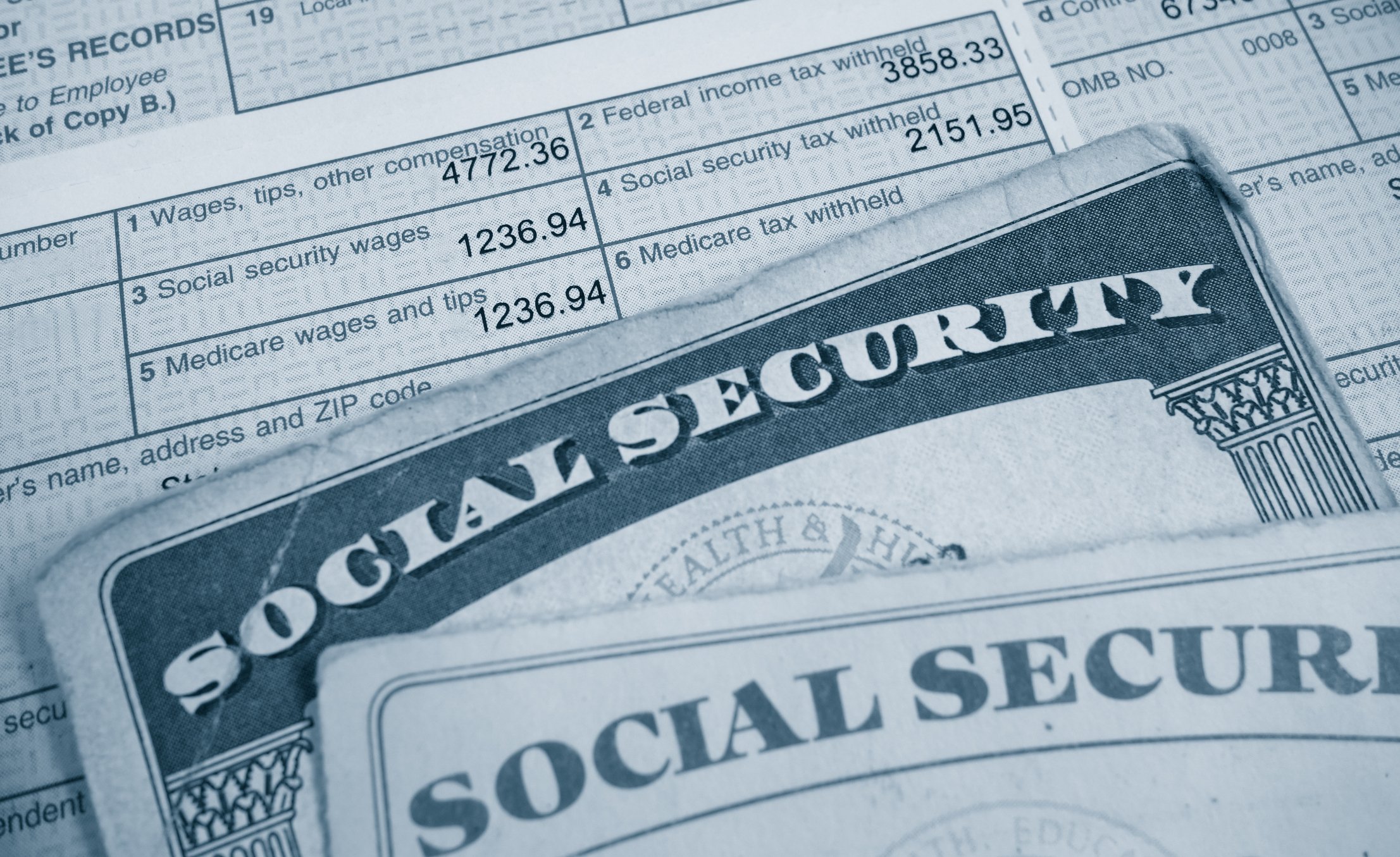Q: Now that the focus of the Republican agenda seems to be shifting to tax reform, which companies would be the biggest beneficiaries if a tax reform plan passed?
Broadly speaking, there are three main ways companies could potentially benefit from tax reform.
Most obviously, if the corporate tax rate is reduced, it could benefit companies that currently pay high effective tax rates. For example, Southwest Airlines generates virtually all of its sales inside the U.S. and pays a 38% effective tax rate. CVS Health pays an even higher effective tax rate of 39%. If the federal tax rate were to be reduced from 35% to 20% as is being proposed, these companies could be big winners.
Another way companies could benefit is from the proposed repatriation tax break. It currently costs businesses 35% to bring foreign profits back home, and a temporarily low repatriation rate of 10% or so could be part of a tax reform package. This would certainly help companies like Apple and Microsoft, just to name a couple, which have nearly $400 billion in overseas cash between the two.
Finally, companies that rely on consumer spending could benefit from lower personal income tax rates, and this could aid a broad range of businesses. Amazon.com, for example, could reap the rewards of higher consumer spending, as could payment processors like American Express. However, predicting the big winners of individual income tax reform is a bit trickier than with corporate tax reform. A wide variety of retailers and payment processors should benefit if personal income tax rates are reduced, especially on middle-income Americans.





